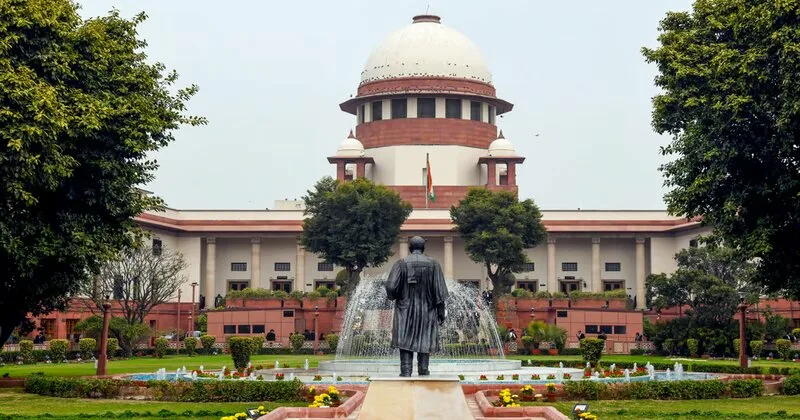
The Supreme Court on Thursday reiterated that it is up to the executive and legislature to decide whether individuals who have benefited from reservations and are now capable of competing with others should be excluded from quota benefits. Referring to a seven-judge Constitution bench verdict from August last year, a bench comprising Justices BR Gavai and Augustine George Masih highlighted that while the court had suggested such exclusions based on the past 75 years of reservation policy, the ultimate decision lies with the legislature and executive branches. Justice Gavai emphasized that the Constitution bench had allowed sub-classifications within Scheduled Castes (SCs) to ensure reservations reach the most socially and educationally disadvantaged groups.
Justice Gavai, who had penned a separate verdict as part of the Constitution bench, underscored the need for states to formulate policies identifying the “creamy layer” within SCs and Scheduled Tribes (STs) to exclude them from reservations. On Thursday, the petitioner’s counsel pointed out that six months had passed since the court’s directive to states to develop such policies. The bench, however, declined to issue further directions, noting that legislators are empowered to enact laws on the matter. The court maintained that its previous judgment was clear in permitting sub-classifications based on quantifiable data, rather than arbitrary political motives.
The petitioner’s counsel argued that states were unlikely to frame such policies, potentially necessitating further intervention from the Supreme Court. The bench allowed the plea to be withdrawn, enabling the petitioner to file a representation before the appropriate authority. The August 2023 judgment had explicitly called for sub-classifications to be based on demonstrable data regarding backwardness and underrepresentation in government jobs, ensuring such measures were grounded in evidence and not political expediency.

Post Your Comments